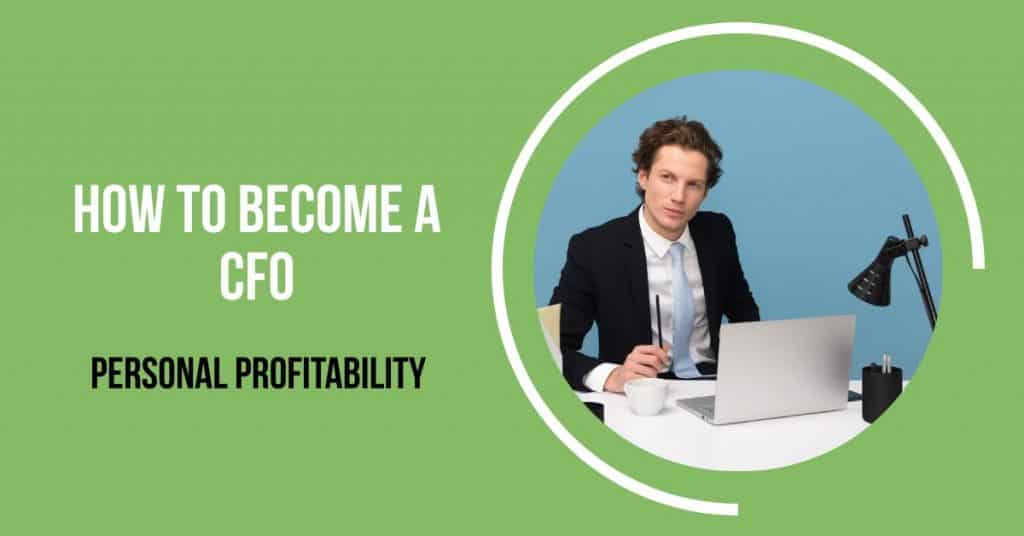For students or professionals interested in finance, it may be difficult to ascertain which career path to pursue. After all, the world of business and finance is a broad one. One of the most respected roles in this arena is that of a chief financial officer. While you may hear or read about the feats of CFOs of famous companies, it is not always clear what this position entails. Consider several key bits of information that may help you to understand what a CFO does and how you can achieve this assignment.
Responsibilities of a CFO
Depending on the type of company a CFO works for, the day-to-day responsibilities may look a bit different. In general, CFOs fulfill key leadership roles over multiple financial departments within a business. This goes to say that this officer must monitor and respond to the work being done by a company’s accountants, financial analysts, controllers and even human resources specialists.
Because CFOs are aware of so many aspects of a business’s financial status, they are also responsible for making significant decisions that affect the company as a whole. In fact, some CFOs may even fulfill the role of chief financial officer simultaneously. For this reason, CFOs must be highly knowledgeable about a wide range of subjects relating to finance. In addition, these professionals frequently are required to speak in front of and direct groups of people, from their own coworkers to their shareholders.
Education
While different CFOs may have very different educational backgrounds, this position generally requires both a bachelor’s and a master’s degree. If you are interested in pursuing this career path, you may want to start by focusing your undergraduate studies on a related subject. For instance, CFOs commonly major in areas such as accounting, business administration, economics or finance. If you have already completed your undergraduate degree in a different subject, not to worry. Many current CFOs didn’t study finance at first. For example, the CFO of ReactiveCore, David Geithner, studied government during his undergraduate program.
It’s important to do well during your undergraduate studies so that you are able to pursue a graduate degree later on. Some CFOs study accounting at the graduate level and begin their career by working as a CPA. This certification equips young professionals with a thorough understanding of various types of accounting. On the other hand, you may choose to earn a master’s degree in a subject such as public administration in order to better develop your leadership and management skills.
One of the most valuable educational programs for future CFOs is a Master of Business Administration. Getting your MBA requires you to reach a strong level of understanding of numerous topics related to business. These programs often teach students about everything from marketing to ethics. If you are already working in the field of business, you may want to consider earning an Executive MBA, as this path focuses on the skills required in executive positions and allows you to continue working while you are in school.
Work Experience
Whether you enter the workforce before or after earning a graduate degree, it’s important to gain experience in a variety of different positions. You may be able to accomplish this by taking on new roles at your current company or by seeking out additional opportunities in other places. Be sure to gain familiarity with a wide range of topics related to finance, such as accounting, risk management, analysis and budgeting. In addition, it’s vital that you gain experience in areas such as customer service and information technology.
As you gain more and more work experience, you may also wish to seek out a mentor. Whether or not this mentor also works at your company, he or she may be able to advise you on the types of positions or learning opportunities you should pursue in order to work towards becoming a CFO. Similarly, be sure to capitalize on any networking opportunities you may have. Establishing relationships with people inside and outside your current company may help you to be considered for a wider range of roles.
Take on More Responsibility
A final thing to note about the path to being named CFO is that you must demonstrate that you can be successful in leadership roles. Because good leadership skills can often be developed with practice, it’s a good idea to push yourself by taking on added responsibility. This may involve applying for new positions or simply stepping up when a leader is needed. You may wish to seek opportunities where you can act as a director of finance, internal audit manager or a similar upper-level assignment.
The path to becoming a CFO is not an easy one. In addition to the schoolwork involved, you must excel in a variety of different work roles. Nonetheless, this position may be very rewarding for those professionals who are deeply interested in the world of finance and enjoy leading others.
This post was originally published on March 21, 2021 and updated on March 31, 2022.


